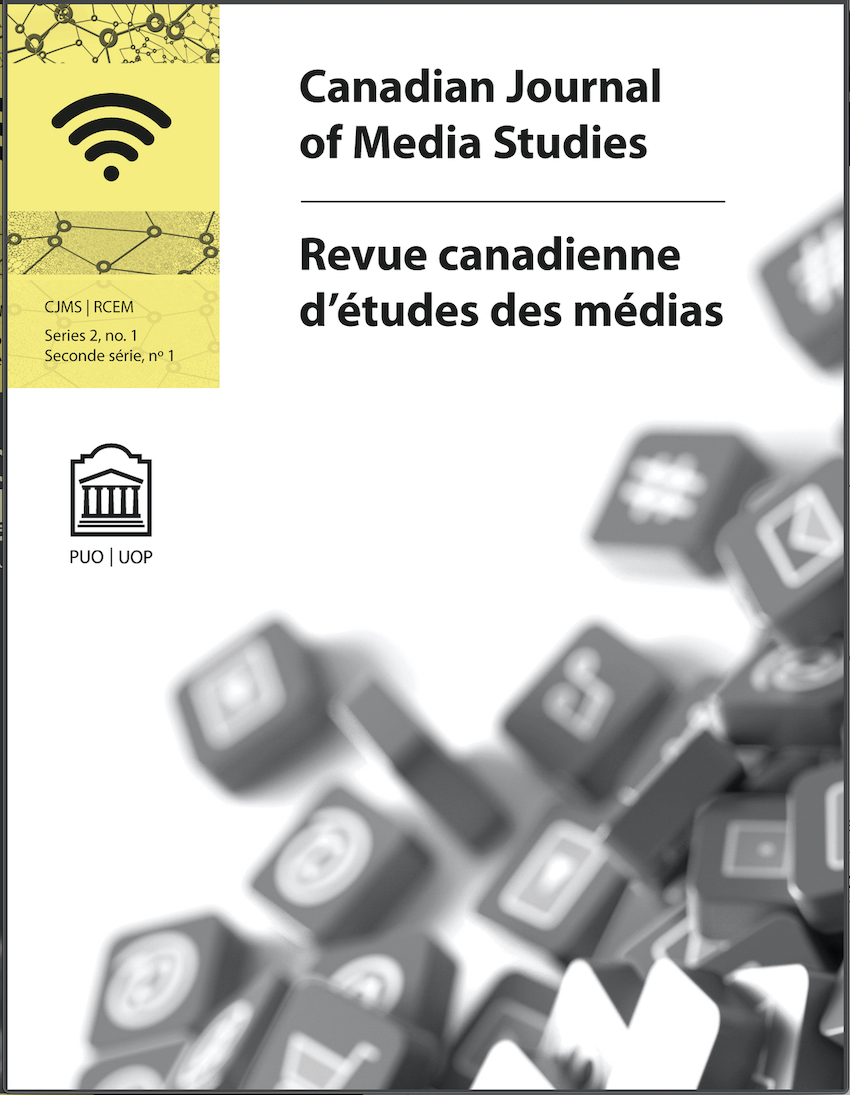Stand-up Comedy and Trans Subjectivity: An Analysis of the Work of Dave Chappelle and Ricky Gervais
Contenu principal de l'article
Résumé
In the context of growing trans visibility in the Anglo-American world, recent works of stand-up comedy have taken an interest in trans subjectivity. This article analyzes the discursive strategies used to discuss transgender subjectivity within the recent Netflix stand-up specials of two of the most famous stand-up performers on both sides of the Atlantic: The American comedian Dave Chappelle and the British comedian Ricky Gervais. The article observes that as opposed to older forms of comedy in which the comedic element about transness was created through the trope of deception, or the rowdy revelation about supposed bodily incongruity, the new stand-up comedy uses a more ‘refined’ approach in an era in which trans justice movement has become a legitimate part of the socio-political scene. I argue that contemporary trans subjectivity, as it is employed by these two comedians, is used to make social and political commentary about ‘the West,’ positioning transgender rights as the proof of declining Euro-American values such as freedom of speech, reason, and rationality. Although the article does not advocate for the de-platforming of anti-trans jokes, by examining the harmful rhetoric deployed within the recent stand-up comedy, I suggest that we need to approach more critically comedy’s legacy as a tool for social commentary and the comedian’s position as a public intellectual.
Renseignements sur l'article

Cette œuvre est sous licence Creative Commons Attribution 4.0 International.
Les articles publiés sont distribués sous les termes de la licence internationale Creative Commons Attribution 4.0, qui en permet l'utilisation, la distribution, l'adaptation et la reproduction sans restriction sur tout support, à condition que l'œuvre originale soit correctement citée. L'auteur.e conserve les droits d'auteur de son travail. En soumettant le travail à cette revue, l'auteur.e accepte d'accorder à la revue un droit non exclusif de publier la soumission.
